NatWest shares surge after profits beat expectations
NatWest, which has been one of the FTSE 100’s best-performing stocks this year, notched up profits of £1.7bn during the quarter

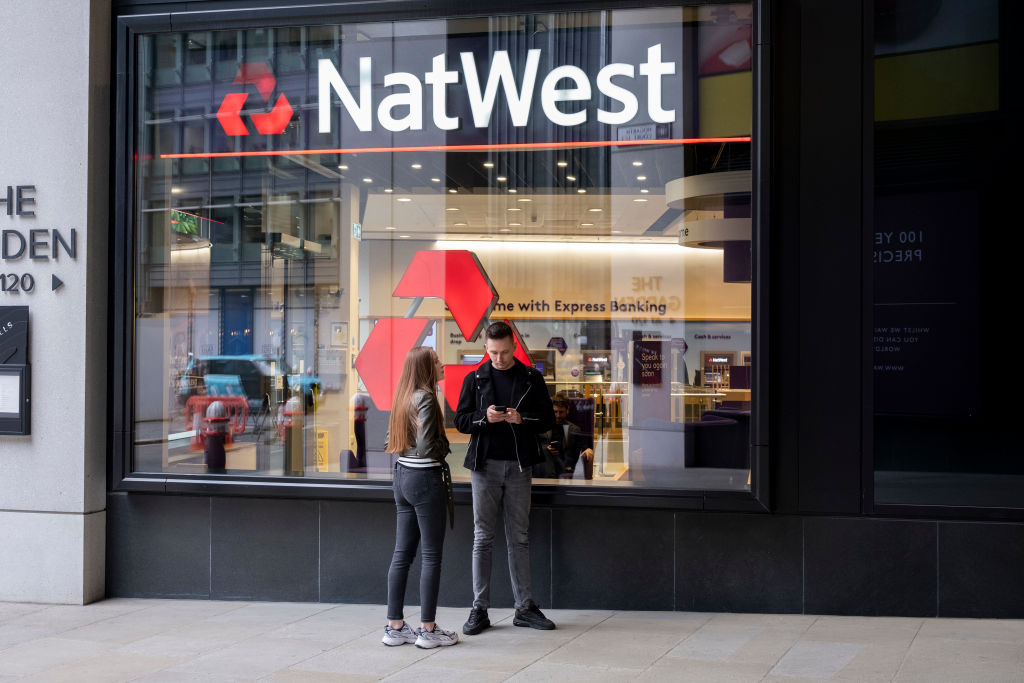
Get the latest financial news, insights and expert analysis from our award-winning MoneyWeek team, to help you understand what really matters when it comes to your finances.
You are now subscribed
Your newsletter sign-up was successful
Want to add more newsletters?

Twice daily
MoneyWeek
Get the latest financial news, insights and expert analysis from our award-winning MoneyWeek team, to help you understand what really matters when it comes to your finances.

Four times a week
Look After My Bills
Sign up to our free money-saving newsletter, filled with the latest news and expert advice to help you find the best tips and deals for managing your bills. Start saving today!
Profits at NatWest surpassed expectations in the three months to the end of June, pushing the share price of the state-backed lender more than 8% higher during early trading on Friday.
NatWest, which has been one of the FTSE 100’s best-performing stocks this year, notched up profits of £1.7bn during the quarter, beating forecasts of £1.3bn.
NatWest chief executive Paul Thwaite says: “We have made good progress against our strategic priorities, taking decisive action to grow and simplify our business and to manage our capital and costs more efficiently.”
MoneyWeek
Subscribe to MoneyWeek today and get your first six magazine issues absolutely FREE

Sign up to Money Morning
Don't miss the latest investment and personal finances news, market analysis, plus money-saving tips with our free twice-daily newsletter
Don't miss the latest investment and personal finances news, market analysis, plus money-saving tips with our free twice-daily newsletter
The bank, which was at one stage 84% owned by the state after a £46 billion bailout at the height of the financial crisis, also revealed that it had spent £24 million on shelved Tory government plans for a retail share sale in the lender. The costs were racked up to pay for advertising and preparations for sale, which had been due to launch in the summer before the surprise 4 July election announcement.
Labour has yet to confirm whether it will proceed with the share sale plans. Thwaite said he would expect any announcement about a potential sale to come in the government's next fiscal event, although he stressed it was a decision to be made by the Treasury.
Although NatWest's profits beat expectations, for the first half of the year they were lower than during the same period in 2023. The same was true at TSB where profits dropped by almost a quarter in the six months to the end of June on the back of lower margins from the UK lender’s mortgage business.
Earlier this week, the high street bank, which is part of Spain's Banco Sabadell, posted pre-tax profits of £111.6 million during the period, down 24.5% against the same six months a year earlier.
TSB said income was impacted by lower mortgage margins due to "challenging" market conditions in the face of high interest rates, while the company also paid out significantly more interest to its savings customers.
UK interest rates are currently sitting at a 16-year high of 5.25%, meaning mortgage rates remain high. As a result industry body UK Finance said that it expects total lending for house purchases to fall by a further 8% this year to £120 billion.
James Tatch, head of analytics at UK Finance, says: “We expect lending to remain weak in 2024, with a gradual improvement in affordability reflected in a modest increase in activity levels in 2025.”
Will the Bank of England cut interest rates this summer?
Barring any economic shocks, interest rates have peaked. The question now is how long the Bank of England will hold rates at 5.25%. The Bank of England has four remaining meetings this year, with the next announcement due to take place on 1 August.
Over the past few months, we have seen the MPC start to turn – however it remains visibly divided. In February and March’s meetings, one committee member voted for a rate cut. This increased to two committee members in May and June.
The latest poll from Reuters showed that 80% of economists expect a rate cut in August, however markets are only pricing in a 45% chance of this happening, suggesting the decision could rest on a knife edge.
Services inflation seems to be the main factor that is keeping interest rates high, although wage growth is still coming in hot too at 5.7%. What’s more, May’s economic growth figure (0.4%) came in at double the rate expected when released on 11 July.
“This snapshot of an economy growing a bit faster than forecast, could make Bank of England policymakers that bit more reticent about voting for an interest rate cut on 1 August,” says Susannah Streeter, head of money and markets at Hargreaves Lansdown.
Get the latest financial news, insights and expert analysis from our award-winning MoneyWeek team, to help you understand what really matters when it comes to your finances.
Chris is a freelance journalist, and was previously an editor and correspondent at the Financial Times as well as the business and money editor at The i Newspaper. He is also the author of the Virgin Money Maker, the personal finance guide published by Virgin Books, and has written for the BBC, The Wall Street Journal, The Independent, South China Morning Post, TimeOut, Barron's and The Guardian. He is a graduate in Economics.
-
 Should you buy an active ETF?
Should you buy an active ETF?ETFs are often mischaracterised as passive products, but they can be a convenient way to add active management to your portfolio
-
 Power up your pension before 5 April – easy ways to save before the tax year end
Power up your pension before 5 April – easy ways to save before the tax year endWith the end of the tax year looming, pension savers currently have a window to review and maximise what’s going into their retirement funds – we look at how
-
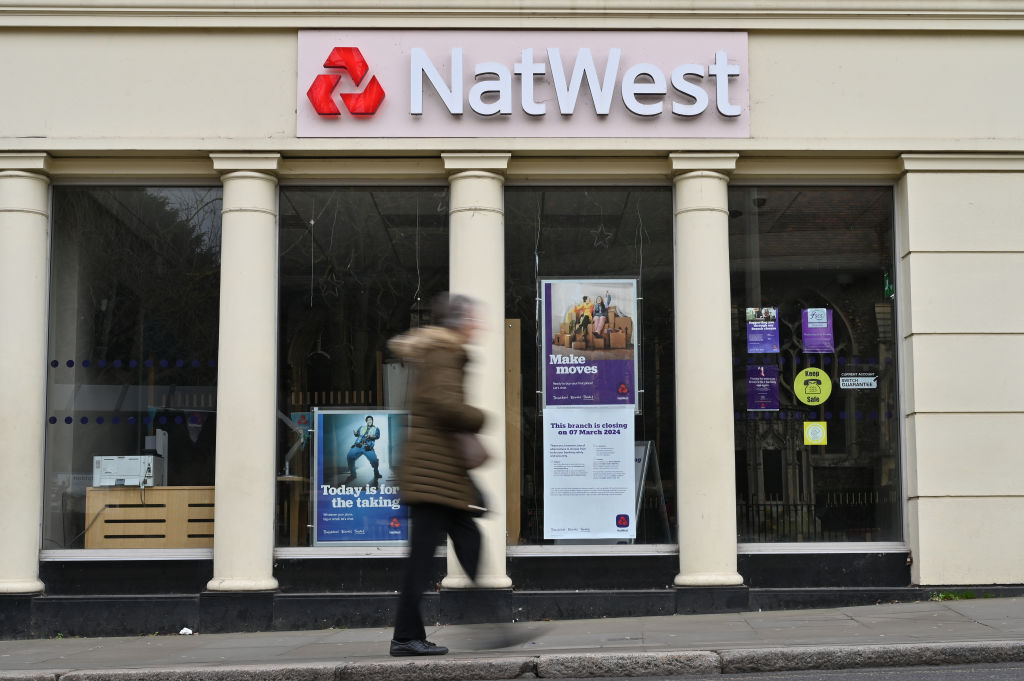 NatWest boss says a return to full private ownership expected next year
NatWest boss says a return to full private ownership expected next yearThe UK Treasury's stake in NatWest has fallen to below 11% - here is what it means for the share price
-
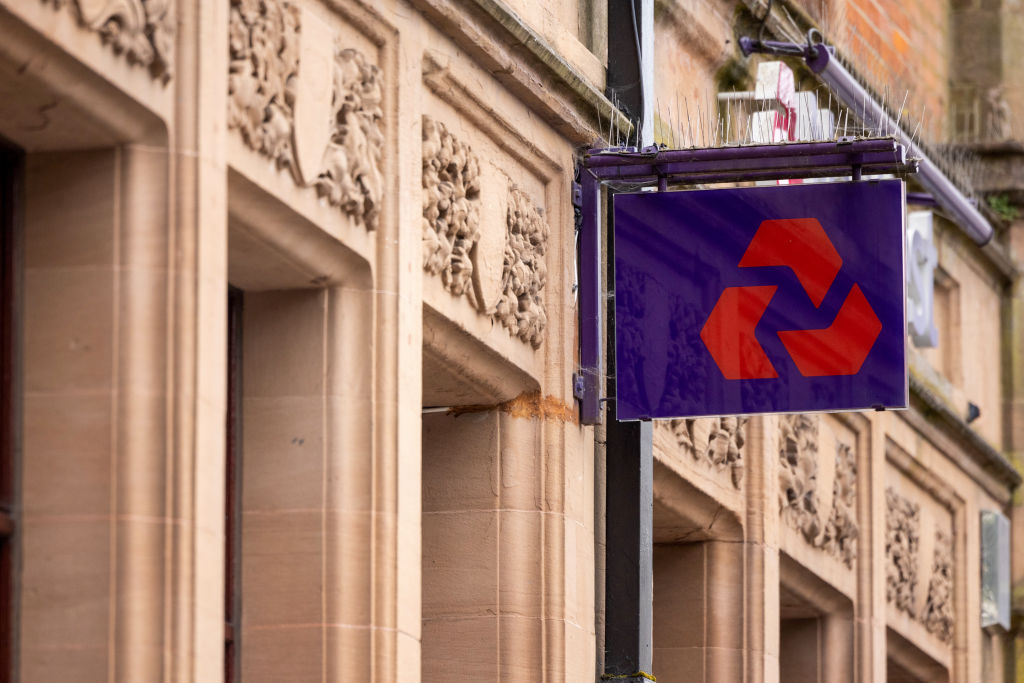 Government sells another £1bn in NatWest shares as full privatisation edges closer
Government sells another £1bn in NatWest shares as full privatisation edges closerThe UK Treasury's stake in NatWest has fallen to just over 11% - here is what it means for the share price
-
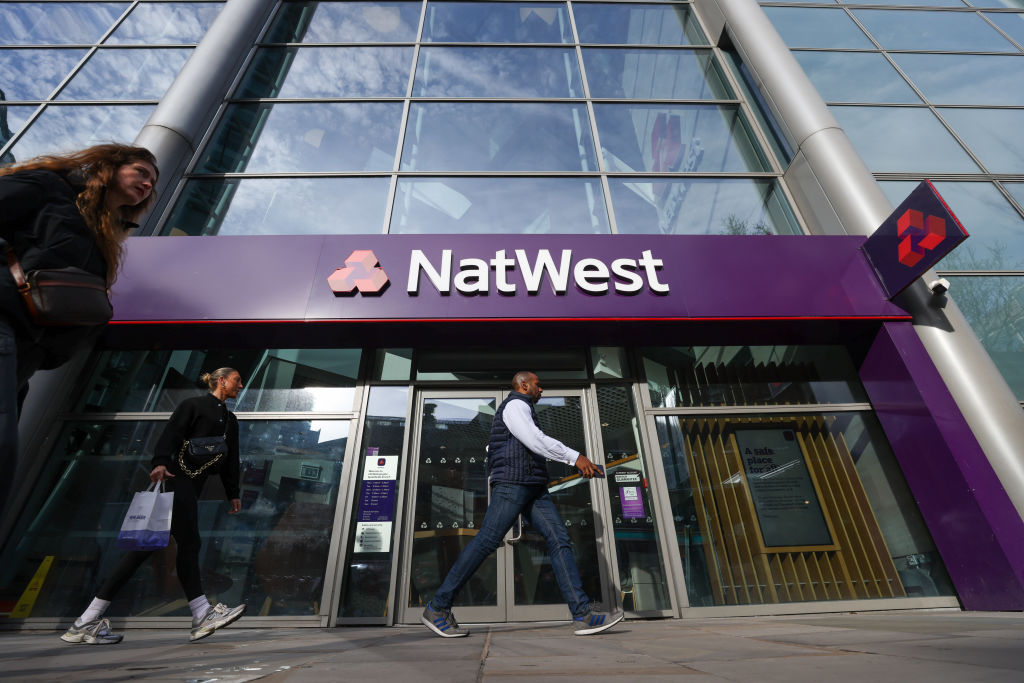 Taxpayer stake in NatWest falls as retail share sale is delayed
Taxpayer stake in NatWest falls as retail share sale is delayedNews NatWest has purchased £1.24 billion of shares back from the Treasury as the general election has stalled plans for a retail offering. Here is how you can still buy NatWest shares
-
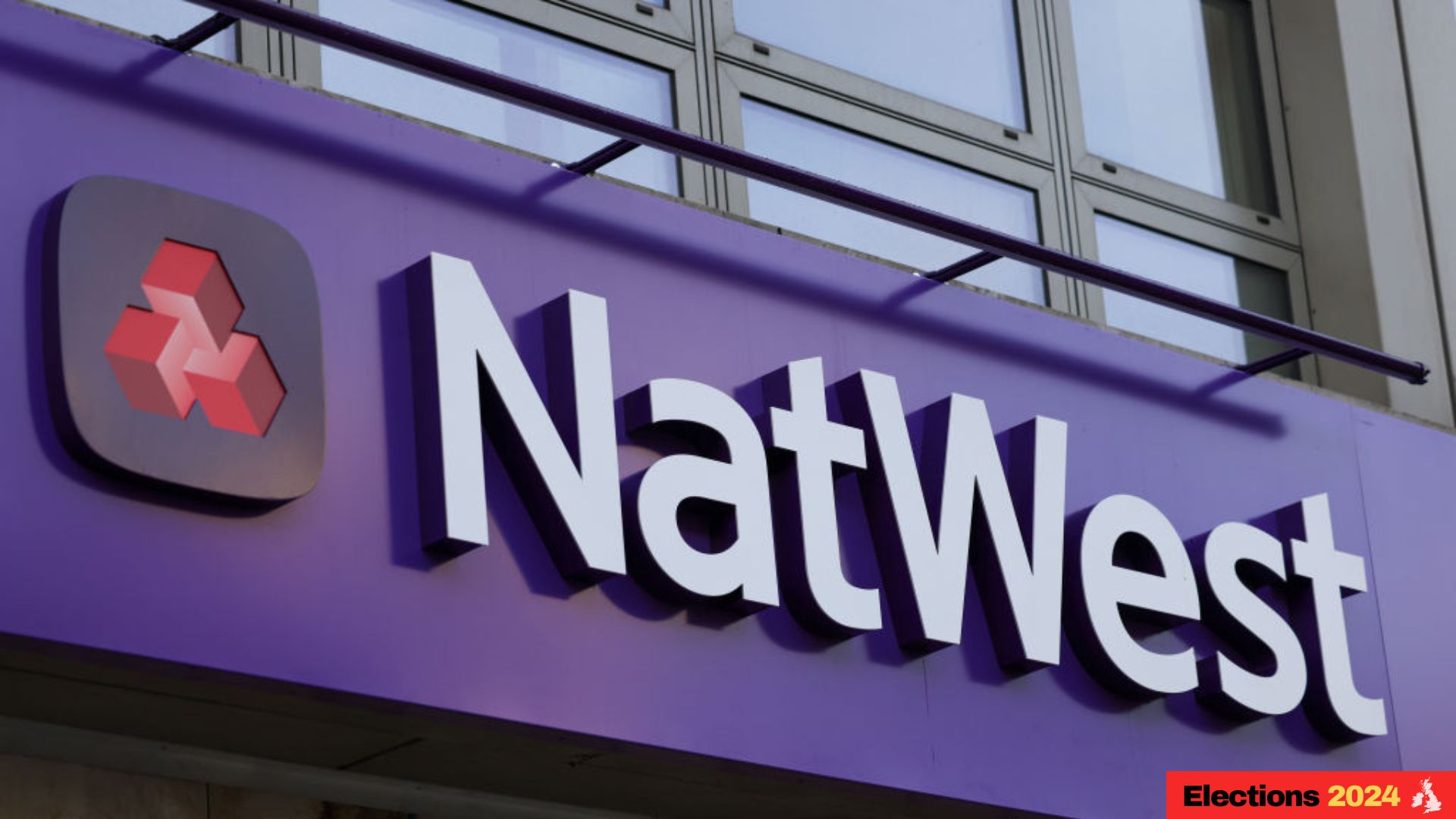 What’s happening to the NatWest share sell-off? Impact of general election 2024 explained
What’s happening to the NatWest share sell-off? Impact of general election 2024 explainedThe UK government has held shares in NatWest Group since the 2008 Financial Crisis. But a plan to sell off a large chunk of them appears to have been delayed.
-
 Spring Budget: Hunt reiterates commitment to NatWest retail share offer
Spring Budget: Hunt reiterates commitment to NatWest retail share offerThe NatWest shares could go on sale as early as this summer, with the government committed to exiting its stake in the bank by 2025/26.
-
 Government considers selling remaining stake in NatWest – are the shares worth it?
Government considers selling remaining stake in NatWest – are the shares worth it?News Retail investors may get a chance to buy the remaining taxpayer shares in NatWest but its performance so far this year may not make it an attractive investment.
-
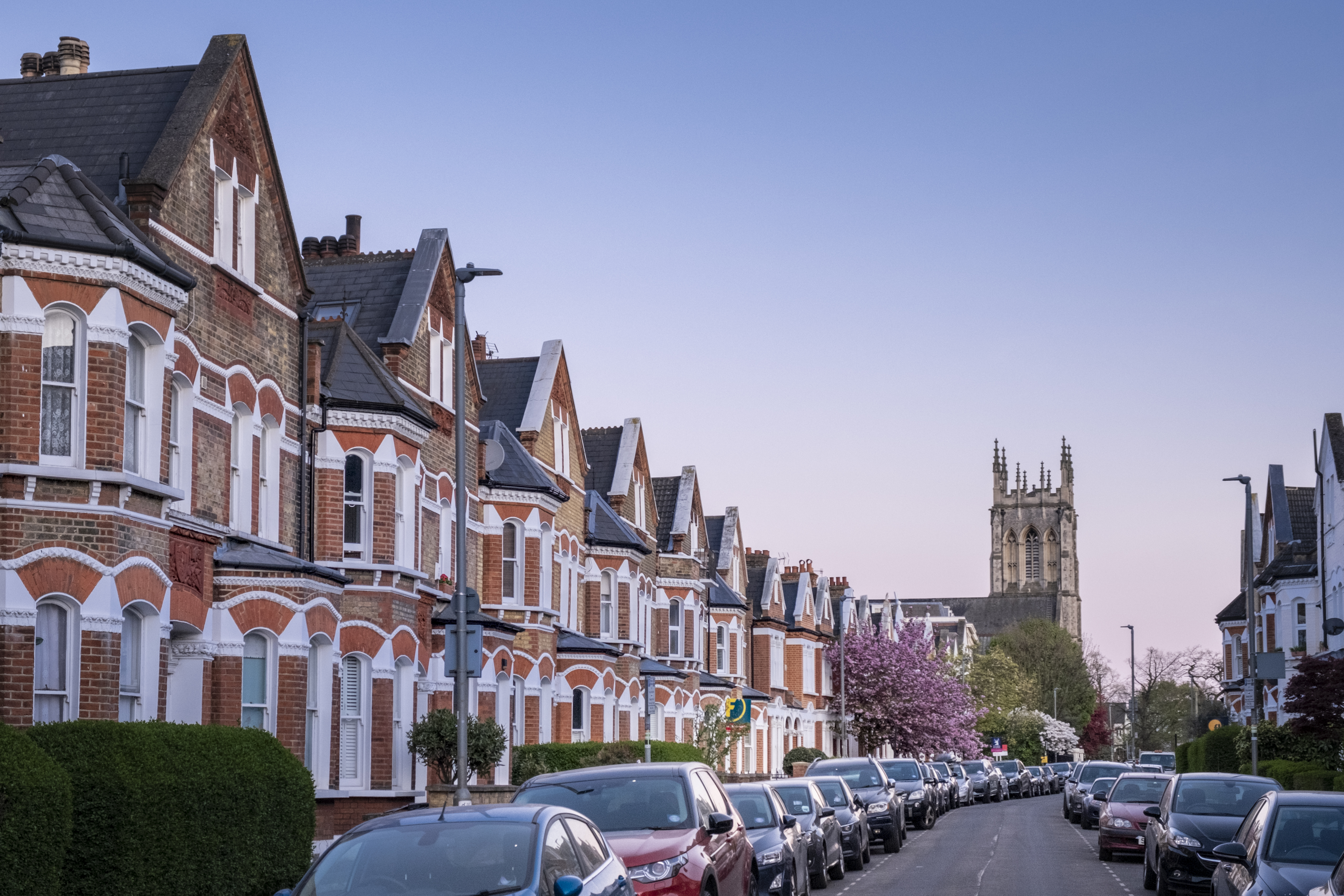 Will mortgage rates fall this year?
Will mortgage rates fall this year?The mortgage price war may be over in a blow for borrowers. Whether you're buying a home, remortgaging or you’re a buy-to-let landlord, we look at the outlook for mortgage rates this year and into 2026
-
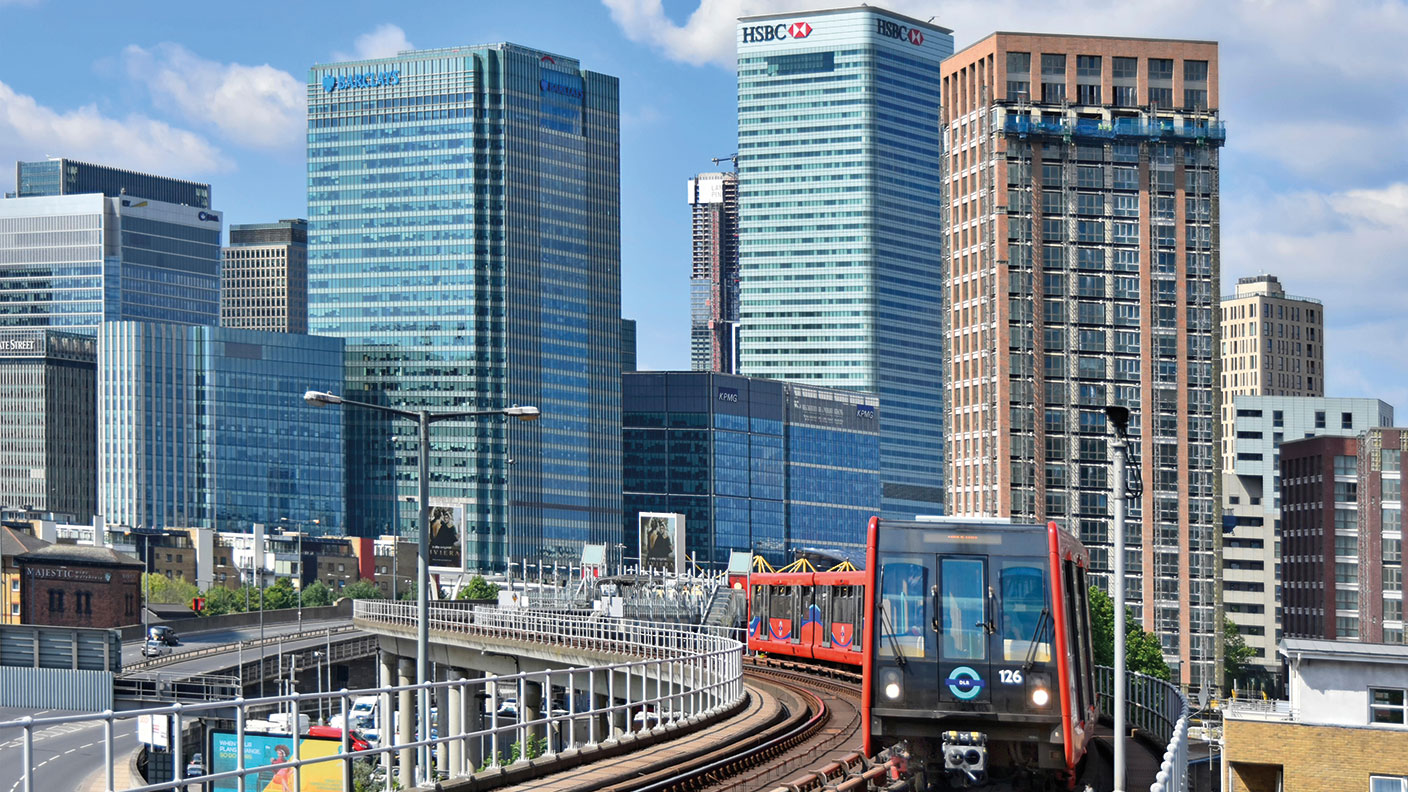 When to buy shares in NatWest, Britain's worst bank
When to buy shares in NatWest, Britain's worst bankTips Rising interest rates should lift profits for the banking sector if inflation doesn’t get out of control, says Bruce Packard.
